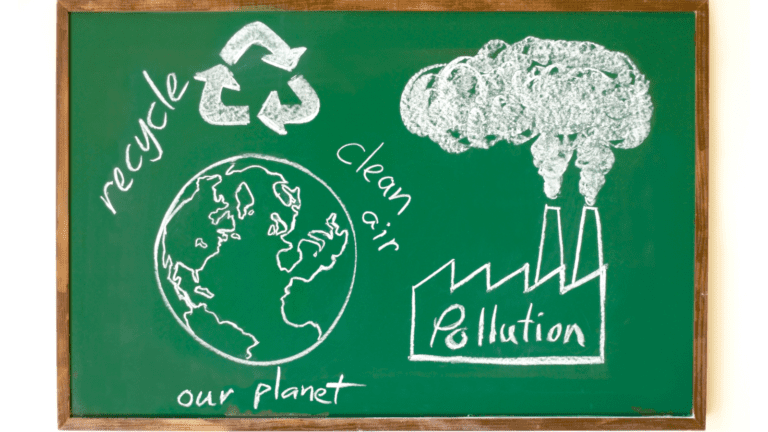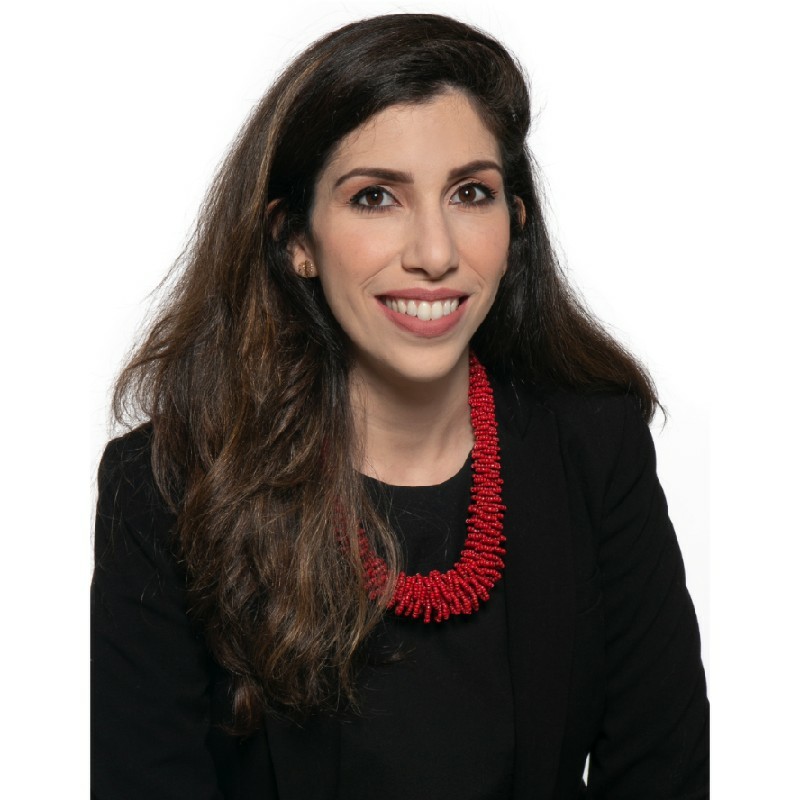Climate Change Education: the key to advancing climate action

Sustainable Development Goal (SDG) 13 calls for urgent climate action to combat climate change. Climate action usually focuses on different mitigation — renewable energy sources, sustainable use of land, sustainable transport and adaptation — protecting coastal wetlands, decentralizing energy distribution, promoting sustainable agroforestry measures. However, when we talk about climate action, we often ignore one of the most important tools for climate action: Climate Change Education (CCE).
Unpacking Climate Change Education
CCE aims to foster learning and knowledge about climate change to help people develop effective climate change responses, adopt more sustainable ways of living and in turn demand greater change from society at large. I believe that it can serve as an effective tool to help us depart from “business as usual” to engaging in a societal transformation.
If you think about it, education inspires people to rethink who they are, what they believe, how they behave, and to take action. It can catalyze long term transformation since it fosters behavioral change in individuals and, in turn, societies. As such, CCE is more than ensuring environmental literacy, it is about supporting our understanding of the most effective ways to act on climate change.
Article 12 of the Paris Agreement on Climate Change calls on Member States “to enhance Climate Change Education, training, public awareness, public participation and public access to information”. CCE is also addressed in SDG target 13.3, which calls on us to “Improve education, awareness-raising and human and institutional capacity on climate change mitigation, adaptation, impact reduction and early warning”. Despite having these guiding documents, most countries still see CCE as a target that is “less relevant”. As a result, efforts towards mainstreaming CCE in climate action are often more aspirational than concrete.
So, how can we better integrate CCE for climate action?
Strengthening monitoring and evaluation
The first step is to create measurable CCE goals to track how countries advance in this area. According to research conducted by the United Nations Education, Science and Culture Organization (UNESCO), while 95 per cent of the 194 reporting countries mention CCE in their Nationally Determined Contributions (NDCs), only 30 per cent of these submissions include quantitative CCE goals data. Unfortunately, it is difficult to track CCE commitments that are merely descriptive and aspirational. Strengthening monitoring and reporting in the area of CCE would make it possible to hold countries accountable for their commitments. It would help us to have a better understanding of the relationship between CCE and climate action. The data collected could also guide policymaking and be used as a reference for understanding which integration modalities are more impactful for leveraging climate action through CCE.
Lifelong learning for climate action
Secondly, we need to understand that CCE refers to a broad set of diverse learning paths — preschool, high-school, university, and more significantly professional training. Often times when countries plan the integration of CCE into their NDCs, most focus on inserting climate change related topics and courses into school and university curricula. According to UNESCO, for those countries who mentioned CCE in their NDCs, almost 50 per cent of them focused only on formal educational settings, like schools, high-schools and universities. It is important to remember that CCE can also be included in professional training as a way of ensuring continuous learning and professional development. If we are to change people’s mindsets and have them act on climate it is important to have professional training beyond school and university.
This is particularly important for people who currently hold leadership positions and are responsible for making decisions that can affect the climate. Imagine having leaders who are environmentally literate and keen to act and incorporate climate action into strategic planning. I believe that including CCE across different stages of an individual’s learning path makes it possible to advance environmental literacy throughout their life.
Behavioural change for climate change
Thirdly, it is important to note that imparting knowledge should not be the only CCE objective. CCE should also inspire behavior change. This can be achieved through training and capacity-building opportunities that are offered to the general public. It is not enough for people to know that climate change is reality, they need to understand how it impacts them and society at large. This should motivate them to act.
Eighty-seven per cent of the 900 participants in UNSSC’s course, “The Paris Agreement on Climate Change as a Development Agenda” said that the six-week course inspired them to apply their knowledge to their work. This demonstrates that CCE can support our efforts to build awareness and drive change.
Climate change education beyond the classroom
Finally, we can integrate CCE into climate action through informal education, which includes a broad range of activities, such as art exhibitions, cinema, music, news, ecotourism, and more. I believe these tools have the potential to reach broader audiences and drive climate action. CCE is about fostering the societal transformation and behavioral change needed to tackle climate change. It is an integral part of climate action because we can achieve so much more if we educate individuals to become changemakers for climate.
The Staff College offers free professional development opportunities for all who want to advance their knowledge on climate change. Click here to learn more about the “Paris Agreement on Climate Change as a Development Agenda” course.
Republished with permission from: https://www.unssc.org/news-and-insights/blog/climate-change-education-key-advancing-climate-action
- About the Author
- Latest Posts
Talita Pinotti is Associate Fellow at the UNSSC Knowledge Center for Sustainable Development in Bonn, Germany. She is a Ph.D. candidate in Social Sciences at the State University of Campinas (UNICAMP), and holds a Master’s Degree in Political Science from the Federal University of Rio Grande do Sul (UFRGS). She also holds undergraduate degrees in both International Relations and Economics. Talita has worked as an Associate Professor at a private college in Brazil for seven years. She has acquired extensive knowledge in developing educational and capacity-building experiences involving the 2030 Agenda, the UN System, and Sustainable Development. She has also worked at the Permanent Mission of Brazil to the United Nations, supporting the Fifth Committee of the General Assembly. She has experience and knowledge in research and capacity development for sustainable development, including the areas of peace and development, education for development, and youth.







